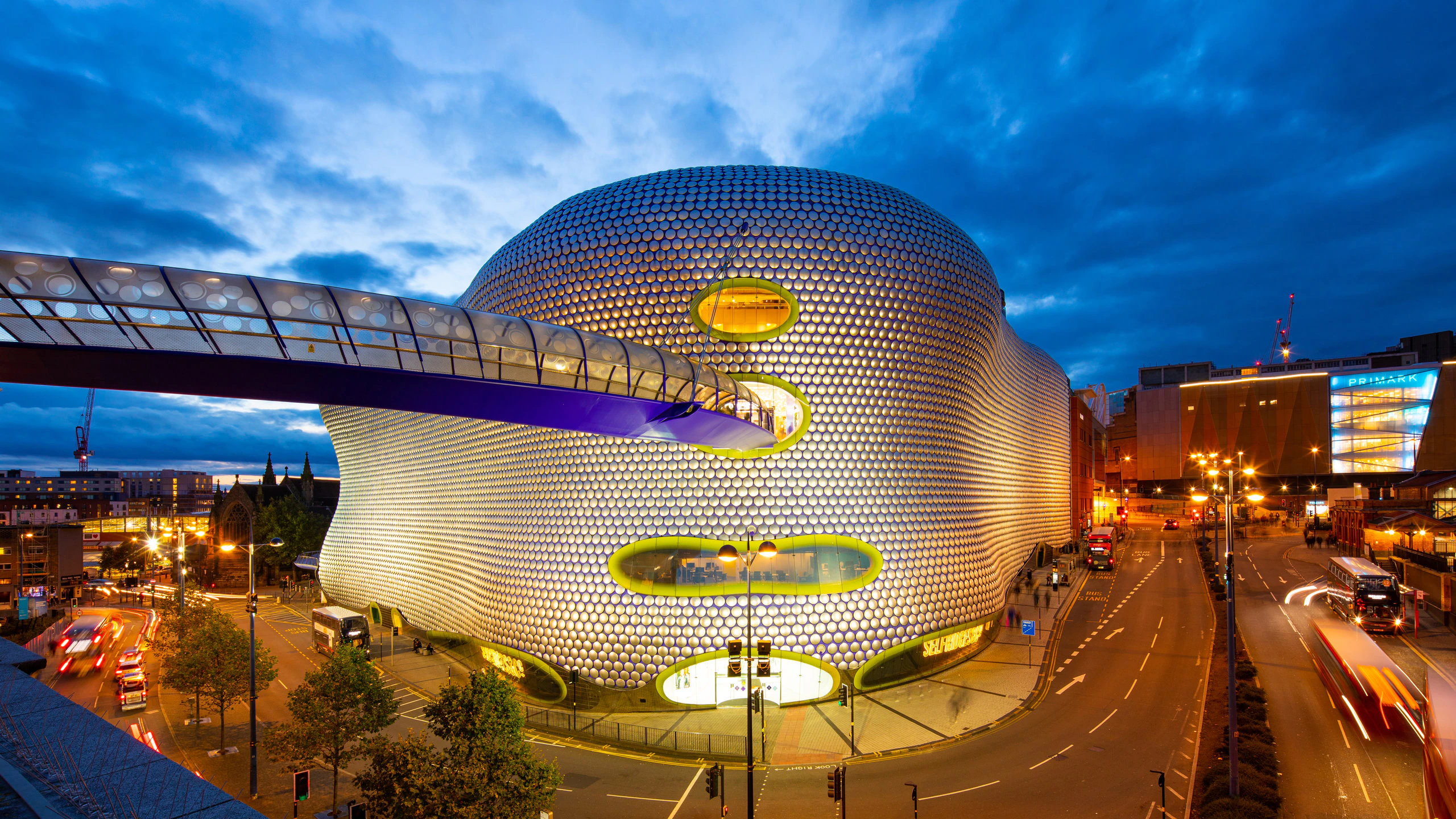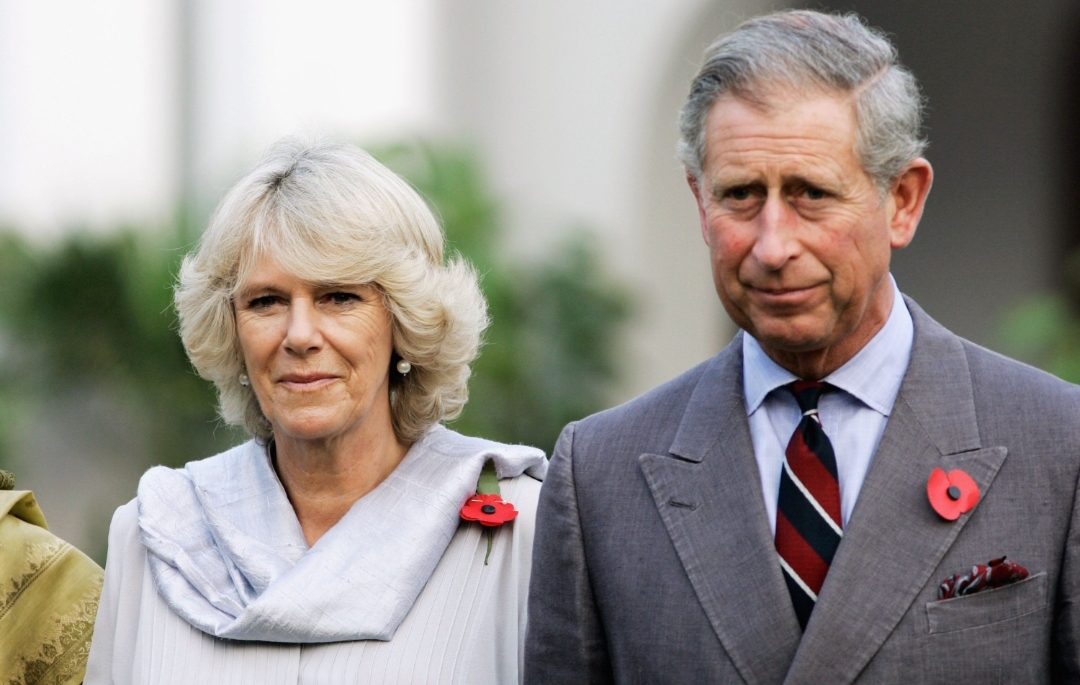
Birmingham, a city located in the West Midlands region of England, has a rich history of innovation and industry that dates back to the Industrial Revolution. The city is known for its canals, parks, diversity, and as a center for conferences and exhibitions. Here are ten interesting facts about Birmingham:
Birmingham was at the forefront of the Industrial Revolution, which was triggered by the Lunar Society of Birmingham, a group of scientists, inventors, and manufacturers who exchanged ideas and knowledge. By 1791, Birmingham was being hailed as the first manufacturing town in the world, and after it gained city status in 1889, it was named the City of A Thousand Trades because of the huge variety of companies based here. It’s also been called the Workshop of The World.
Today, Birmingham is the largest center in Great Britain for employment in the sectors of public administration, education and health, and (after Leeds) the second largest center outside London for employment in financial and other business services. Four FTSE100 companies have their HQ in the Birmingham area – the largest concentration of such firms outside London and the South-East. Birmingham’s wider metropolitan economy is the second largest in the UK with a GDP of £68 billion.
Birmingham has 35 miles of canal, compared to the 26 miles in Venice. The entire Birmingham Canal Navigations system, a network of waterways connecting Birmingham and the Black Country, has 114 miles of waterways, though that’s less than the 174 miles it had at its peak in the 18th century. More cubic meters of water flow through Birmingham’s canals than any other city in the world.
Birmingham has nearly 600 parks and public open spaces, compared with the 400 in Paris. Nick Grayson, climate change and sustainability manager at Birmingham City Council, gave a more exact number when he told The Guardian that Birmingham had 571 parks, more than 3,500 hectares of public accessible space, and 250 miles of urban brooks and streams. Birmingham City Council reckons there are six million trees in the city. The 2,400-acre Sutton Park in Sutton Coldfield is the largest urban park in Europe and the largest outside a capital city.
Birmingham’s annual German market, officially the Frankfurt Christmas Market, is the largest outdoor Christmas market in the country and the biggest outside Germany and Austria. It attracts more than five million visitors, earning £90 million for the city, and is even bigger than the market staged in the German capital, Berlin.
Birmingham is the most culturally mixed city in the UK, with 33.3% non-white according to 2007 figures, compared with London’s 30.7%. Outside London, Birmingham has the UK’s largest Muslim, Sikh, and Buddhist communities, the second largest Hindu community, and the seventh largest Jewish community. The city’s Sikh celebrations of Vaisakhi are the largest in Europe.
Birmingham is one of the UK’s top conference destinations. According to Core Cities, the National Exhibition Centre Group (which has four venues in Birmingham: the NEC, International Convention Centre, LG Arena, and NIA) attracts more than 4 million visitors a year. That’s 42% of the UK’s total exhibition trade and major conferences.
In March 2007, Birmingham won the Cleanest City Award from the British Cleaning Council after being in the finals on numerous occasions in previous years. The city council says Birmingham is the largest industrial city to have such a proud record.
Birmingham became the first UK city outside London to have a BBC radio service in 1922, and in 1949, Birmingham also became the first UK city outside London to have a BBC television service.
One of the key things that makes Birmingham stand out is its history as an industrial powerhouse. The city played a vital role in the Industrial Revolution, with many of the key innovations and developments of the time originating in Birmingham. For example, the Soho Manufactory, founded by Matthew Boulton in 1766, was one of the world’s earliest factories and was instrumental in developing assembly-line mass production techniques. Today, Birmingham’s economy is still heavily focused on manufacturing, with a thriving automotive industry and many other sectors contributing to the city’s GDP of £68 billion.
Another interesting fact about Birmingham is its extensive canal network. With 35 miles of canal within the city limits and a total of 114 miles in the surrounding region, Birmingham has more canal mileage than Venice! The city’s canals were once the lifeblood of its industrial economy, but today they are mainly used for recreation and tourism. Birmingham’s canals are also notable for the large number of locks and other engineering features that make them one of the most complex canal systems in the world.
Birmingham is also known for its green spaces, with nearly 600 parks and public open spaces scattered throughout the city. In fact, the city council estimates that there are six million trees in Birmingham, making it one of the greenest cities in Europe. The largest of these parks is Sutton Park, a 2,400-acre expanse of woodland and heathland that is the largest urban park in Europe outside of a capital city.
Another interesting fact about Birmingham is its cultural diversity. The city has a large and vibrant Asian community, including the largest Sikh population outside of India and the largest Hindu population outside of London. Birmingham also has a large Muslim community, as well as significant populations of other ethnic and religious groups. This diversity is reflected in the city’s many festivals and celebrations, such as the Vaisakhi celebrations that are the largest outside of India.
Finally, Birmingham is a major center for conferences and exhibitions, with the National Exhibition Centre Group attracting more than 4 million visitors each year. The group operates four venues in Birmingham, including the NEC and International Convention Centre, making the city one of the top conference destinations in the UK. With its rich history, cultural diversity, and thriving economy, Birmingham is truly a city of many wonders.




